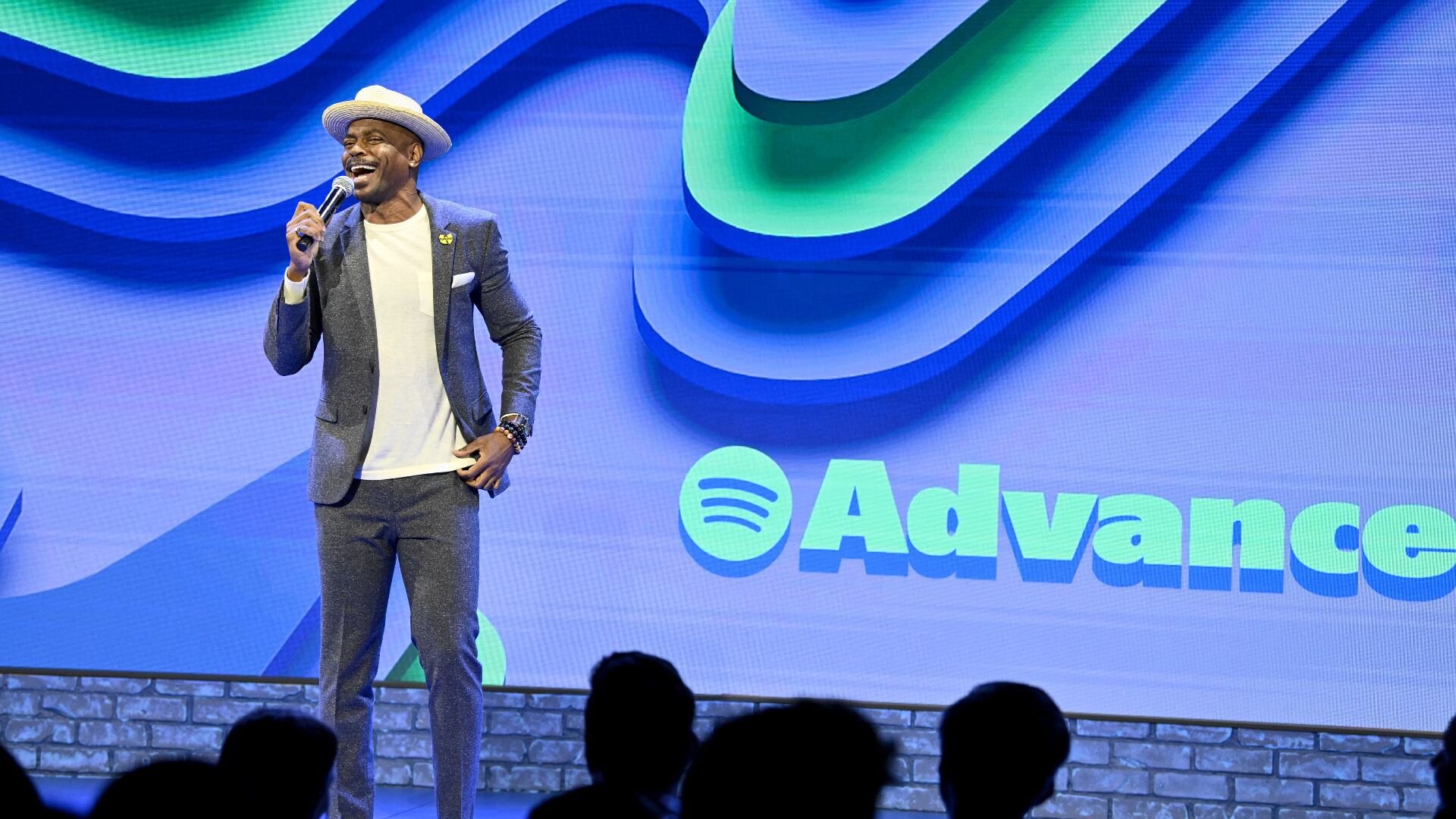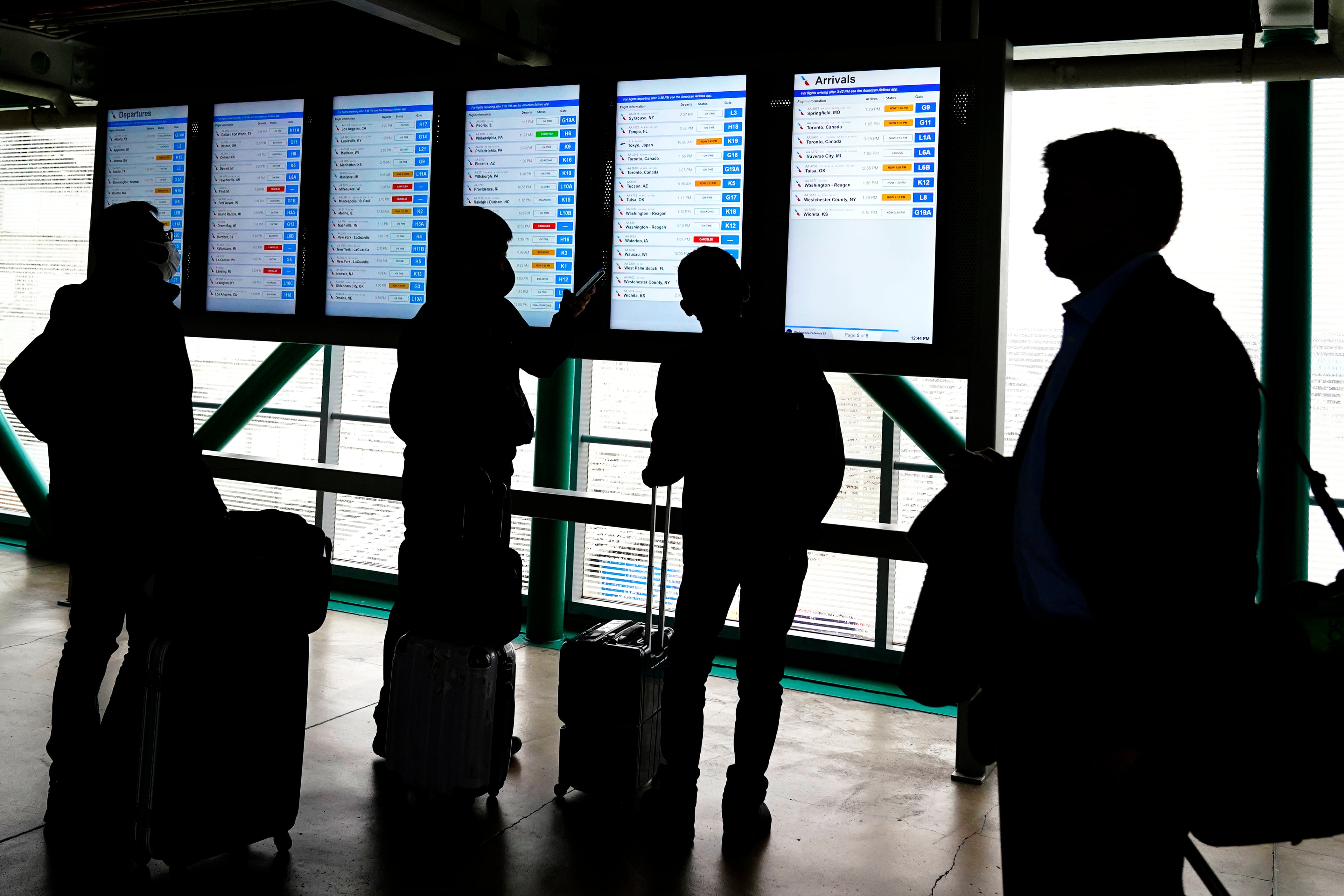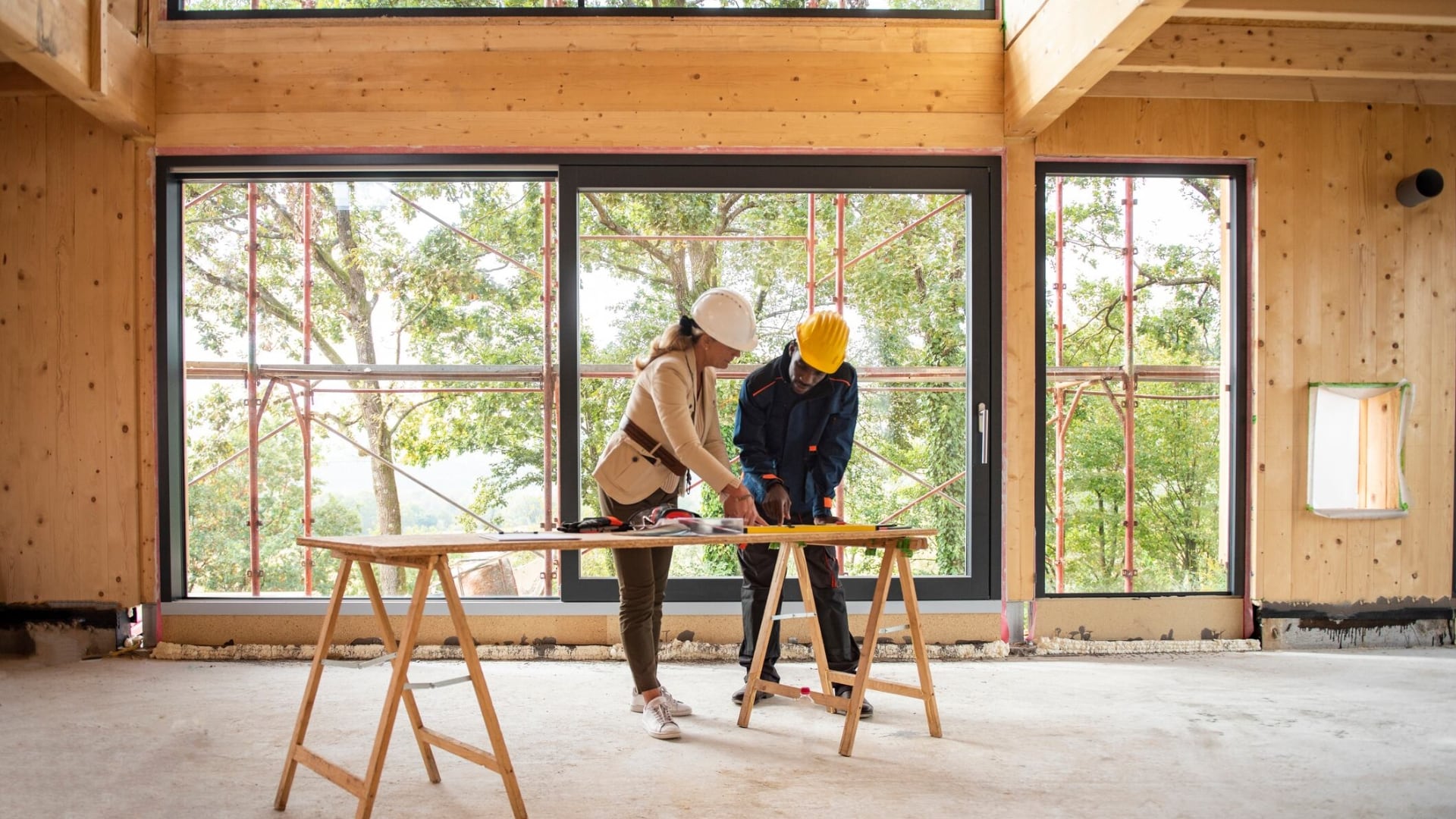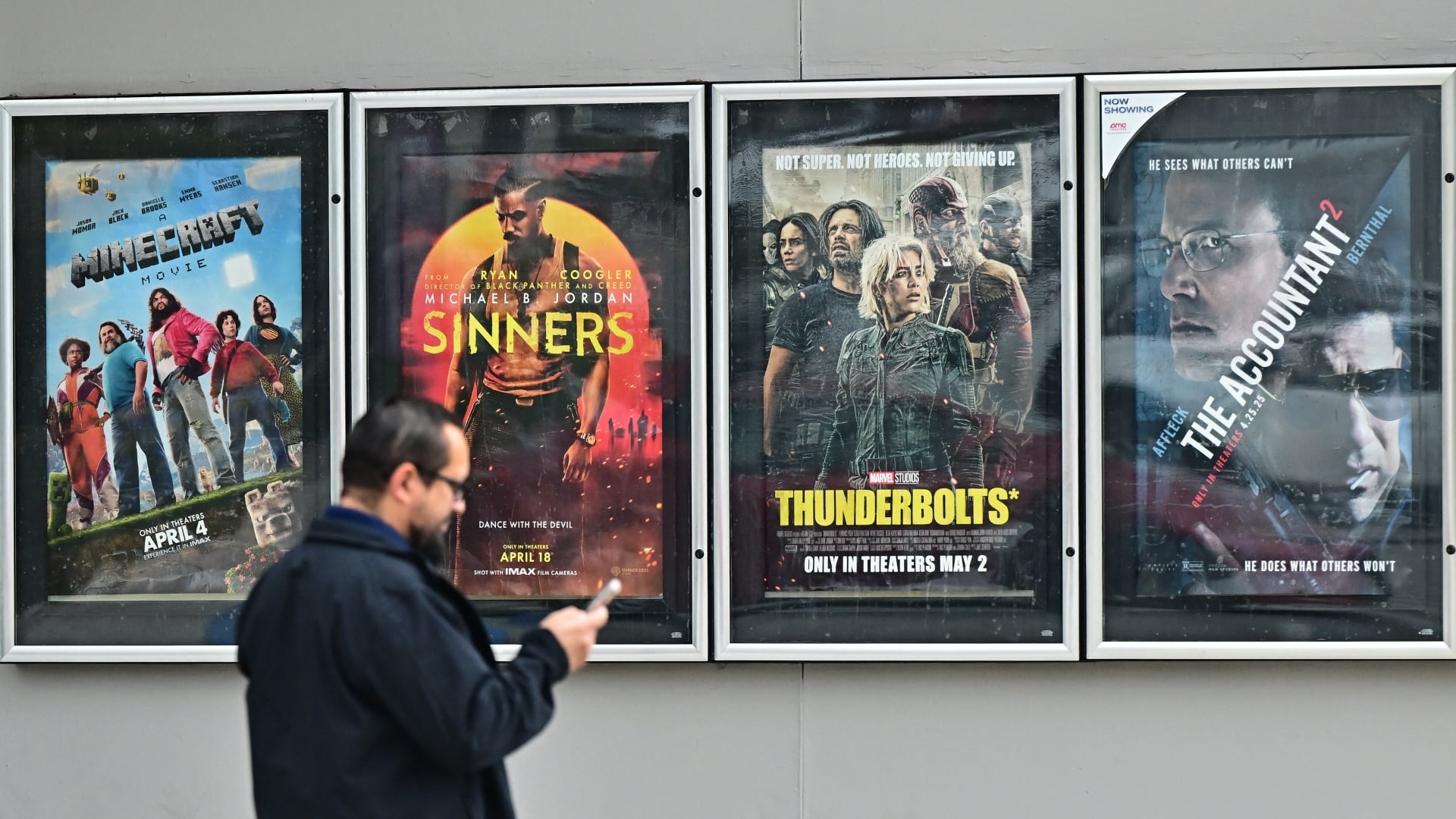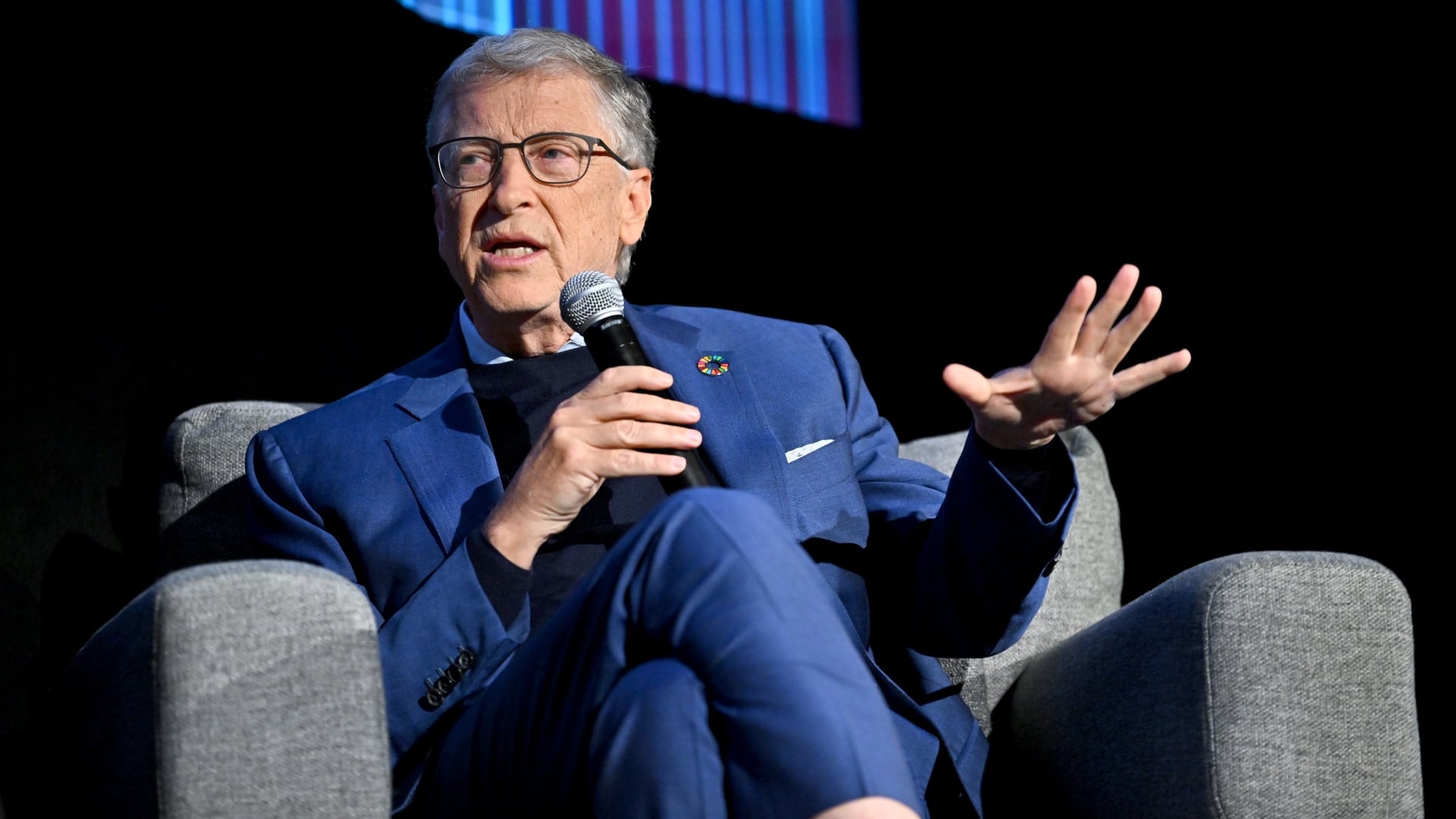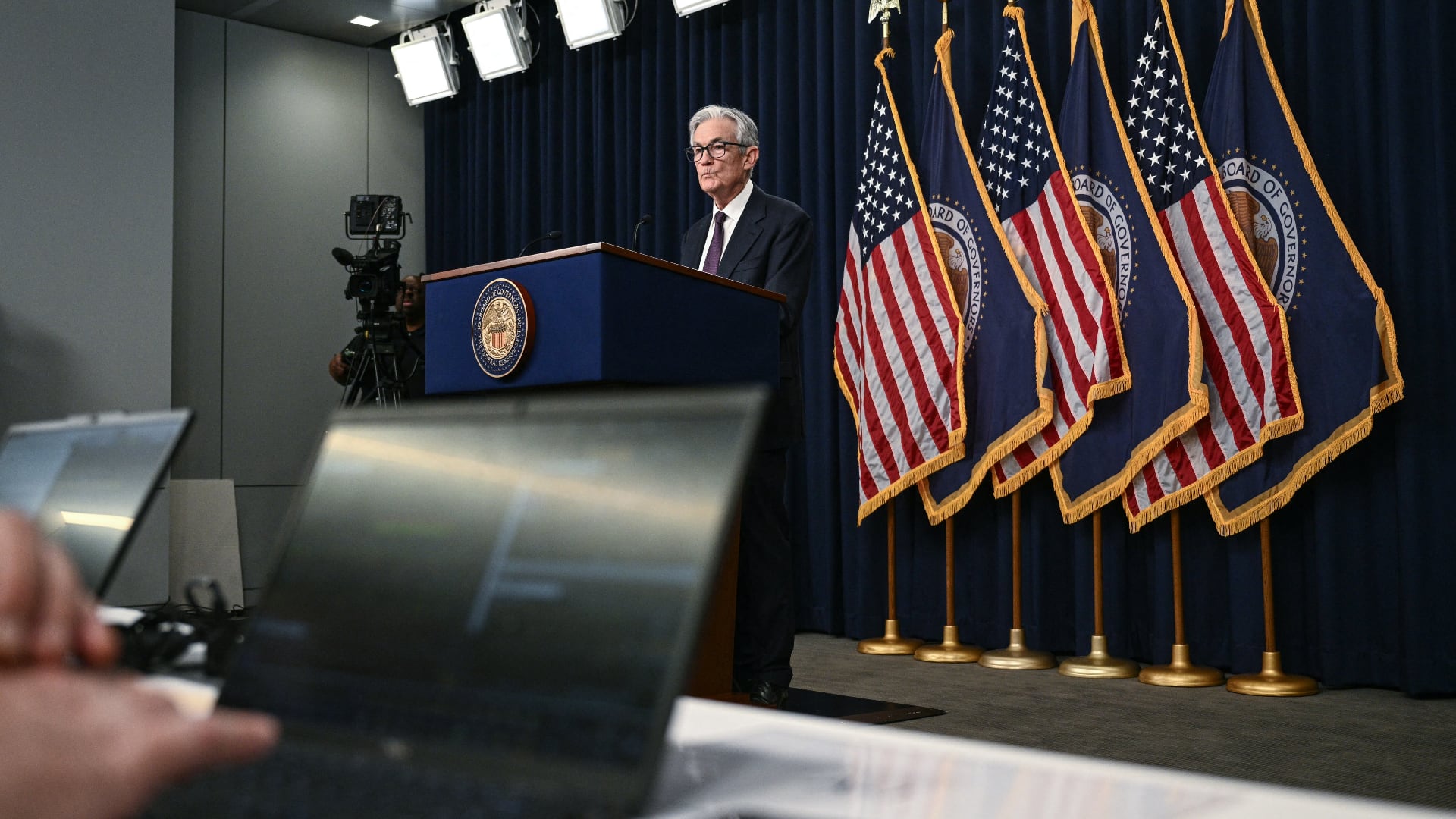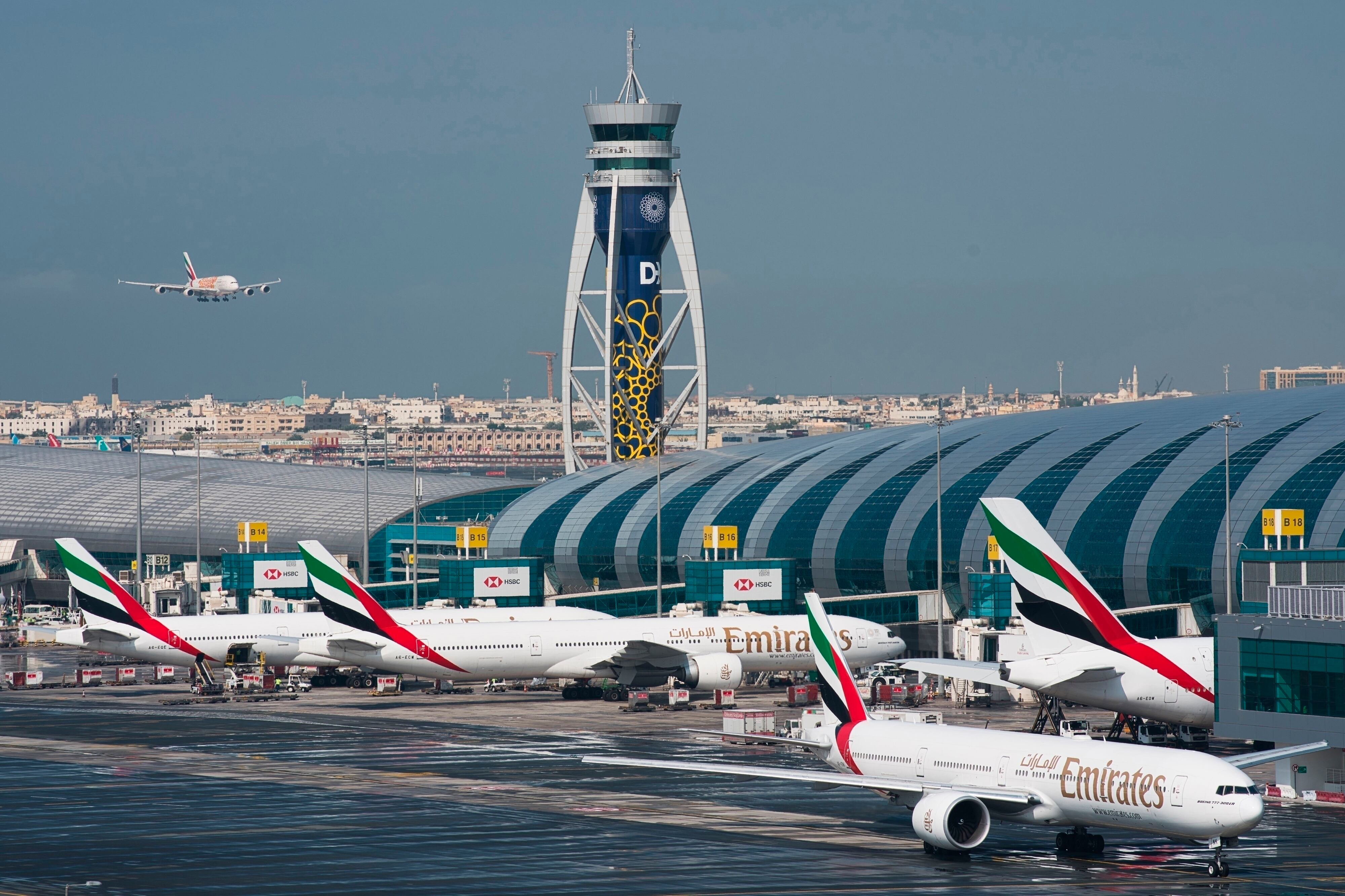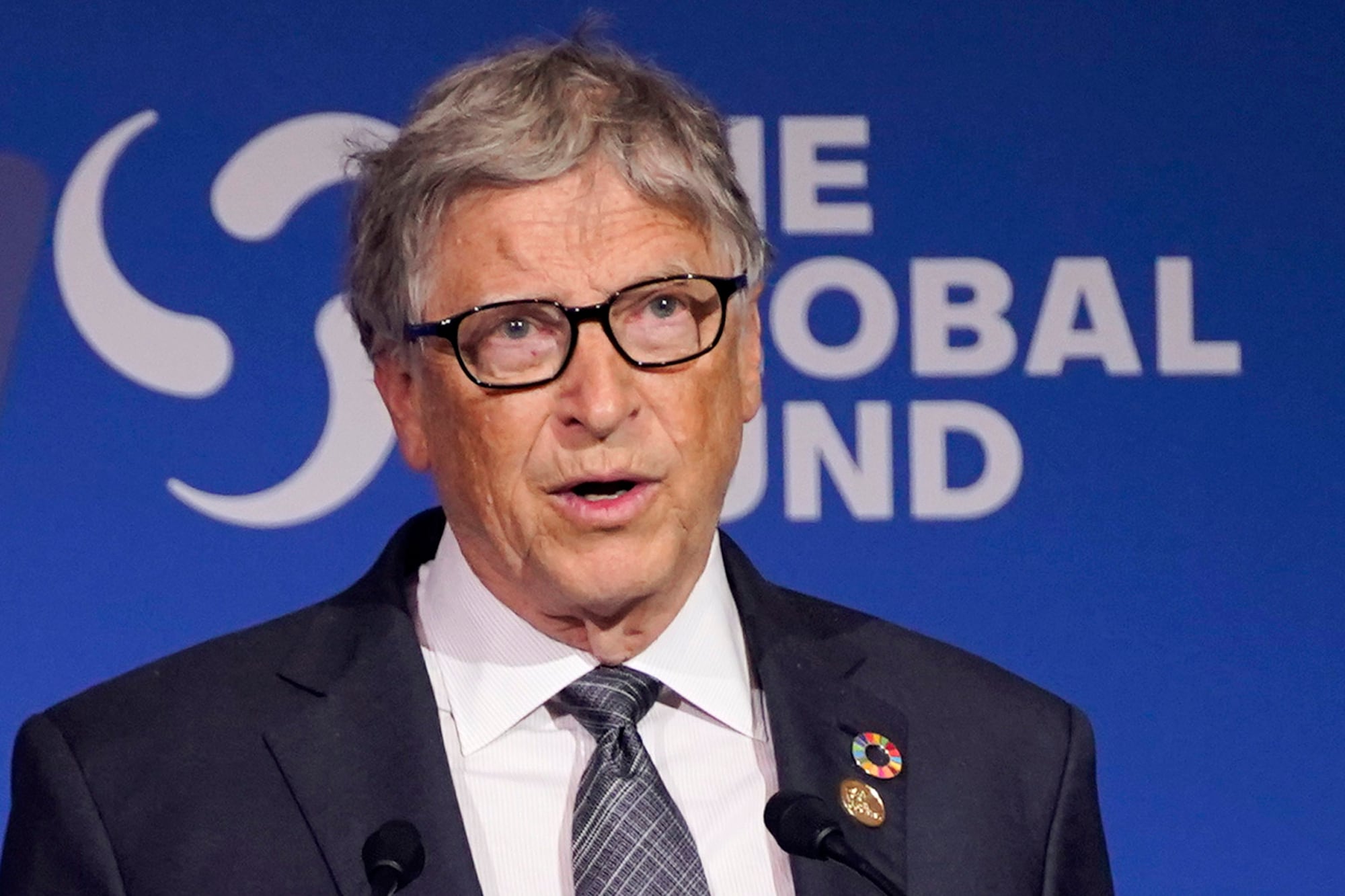*By Chloe Aiello* After a record-breaking Singles Day in 2017, Alibaba is preparing for bigger crowds and bigger sales come Nov. 11. And in spite of doomsayers on the subject of China's economy, the e-commerce giant is charging ahead ー tapping both its online and offline resources. "We are running our systems ー our payment systems, our cloud systems, our logistics business ー at maximum capacity. And so we are very focused on making sure everything works, because if we can accommodate this scale of business in a single day, we believe there is a point in the future where we will run the business at this level every day," Alibaba ($BABA) President Michael Evans told Cheddar's Hope King on Friday. Once something of a laugh among Chinese university singletons, Singles Day is now the single largest shopping holiday of the year, largely thanks to Alibaba. Last year, Alibaba reported a record $25.3 billion sales for the holiday, eclipsing sales from both Black Friday and Cyber Monday combined. This year, Alibaba is hoping to up the ante, by combining online and in-person retail opportunities ー a vision Alibaba calls "New Retail." "This year we are going to engage the entire Alibaba economy. And that means 30 different platforms across commerce, across local services, and of course across 'new retail,' which is the integration of our online and our offline businesses," Evans said. Alibaba's new retail is in the vein of Amazon's ($AMZN) AmazonGo cashier-less markets ー but on steroids. It blends online shopping and augmented reality with the in-store experience. And Alibaba hopes it will make all the difference on this year's Singles Day ー and for Alibaba's future. "Our market is being redefined as not just the 20 percent of commerce that is conducted online, but the 100 percent of commerce that exists in China today," he said. And while Evans and Alibaba are confident about Singles Day and Alibaba's role in the future of commerce, reports of a slowing economy in China loom large. China's economy is now growing at about 6.5 percent, which is as slow as it's been since the financial crisis. If the Trump administration continues its crackdown on tariffs, it could only worsen an economy beleaguered by debt, a weakening currency and cracks in the real estate market, [CNN reported](https://www.cnn.com/2018/11/09/economy/china-economy-risks/index.html). Evans admitted Alibaba has experienced some impact from China's economic issues, mainly via slowing of sales on big ticket items, like electronics. But he mostly shrugged off the threat, arguing declining sales on big ticket items are being offset by sales in areas, like fashion apparel, cosmetics and mother and baby products, plus, he added, "6.5 percent GDP growth in China is still pretty robust." "The most important thing for us for Singles Day is to ... make it both interesting and productive for our merchants ー and that they can test new products and learn about have much closer consumer engagement ー and for the consumers that they can have fun. And if we can do those two things, all of those people will be back to our platform ー next week, next month, next year," Evans said. For full interview [click here](https://cheddar.com/videos/alibaba-prepares-for-massive-sales-on-10th-annual-singles-day).
